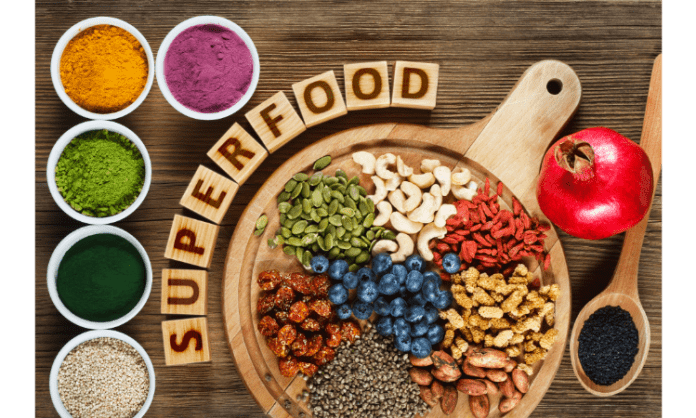
In today’s day and age, you are bombarded with information on how to live a healthy lifestyle. There are many health-related articles out there that can sometimes confuse people. They read the article, but it doesn’t seem to make sense or help them achieve their goal of living a better life. The best way to combat this is by looking at factors like diet and exercise together because they’re both connected.
Best superfoods

Superfoods are nutrient-rich foods that can help you achieve your health goals. They’re high in vitamins, minerals, and antioxidants, which can help protect your body against chronic diseases such as diabetes and heart disease.
When choosing superfoods, it’s important to consider how they’ll fit into your lifestyle and diet. For example, if you’re vegan or vegetarian, then nuts such as almonds may be a better option than beef jerky. If you’re looking for ways to incorporate more whole grains into your diet by replacing refined grains with whole-grain versions of bread and pasta, then quinoa is an excellent choice.
If you want a healthy body over 40 but don’t have time for cooking from scratch each day—or if cooking isn’t one of your strengths—then frozen vegetables make an excellent addition to any meal plan because they’re already cooked when they reach the supermarket shelves (and frozen veggies are just as nutritious as fresh).
Raspberries

Raspberries are one of the most powerful superfoods rich in antioxidants, fiber, vitamins C and K as well as manganese and potassium. Antioxidants help your body fight off free radicals that cause aging. Fibers help with digestion, weight loss, and preventing constipation. Vitamin C helps boost the immune system while vitamin K is essential for blood clotting and calcium absorption in the bones. Manganese helps to protect against osteoporosis by strengthening bones while potassium is good for high blood pressure prevention.
Wild Salmon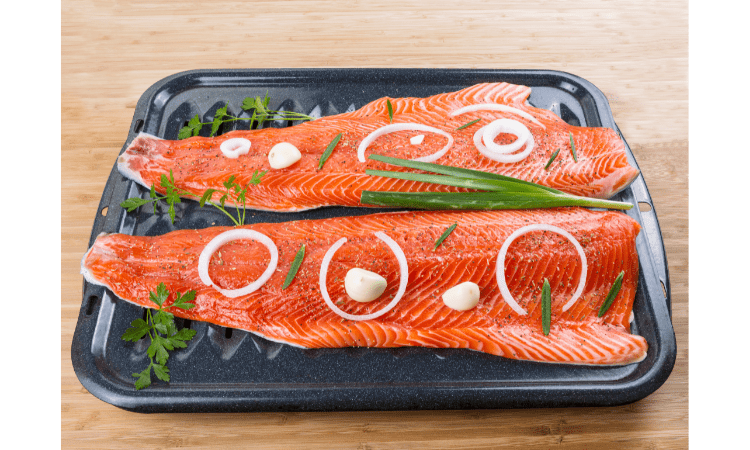
Wild salmon is high in protein and a good source of omega-3 fatty acids. It’s also packed with B vitamins, which help your body produce energy from food and convert carbohydrates into glucose for fuel. Wild salmon also provides selenium and vitamin D, two nutrients that may help prevent cancer, heart disease, and type 2 diabetes.
Wild salmon is rich in healthy fats called eicosapentaenoic acid (EPA) and docosahexaenoic acid (DHA), which your body uses to build cells and make hormones such as serotonin to improve mood.
The high protein content of wild salmon makes it a great snack for weight loss because it helps you feel full for longer periods of time than other types of foods do.
Almonds

Almonds are a good source of protein, fiber, and essential vitamins such as vitamin E and magnesium. They also contain calcium and vitamin B2. Almonds have been shown to reduce cholesterol levels by lowering bad (LDL) cholesterol while increasing good (HDL) cholesterol.
Almonds are high in monounsaturated fatty acids, which are considered heart-healthy because they lower blood pressure when consumed regularly. A handful of nuts each day may help prevent type 2 diabetes, heart disease, and some cancers—and they can even help you lose weight.
The high fiber content of almonds helps to regulate your digestive system so that waste products move through the body efficiently; this improves regularity and decreases the risk of colon cancer.
Cruciferous veggies
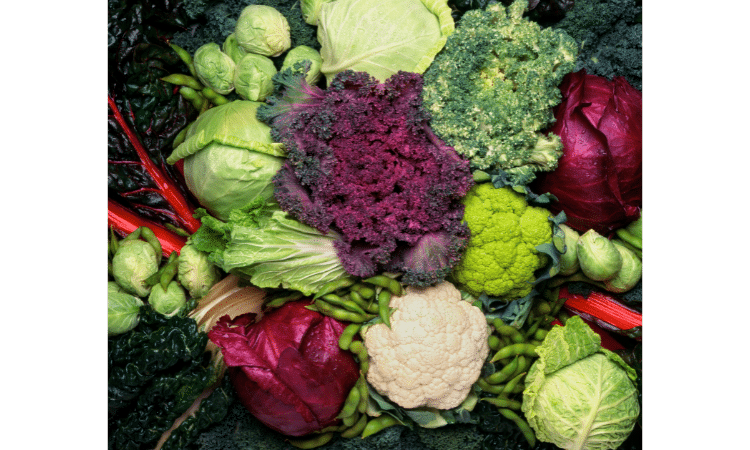
Cruciferous vegetables like broccoli, brussels sprouts, and cabbage are nutritional powerhouses. They’re high in fiber and vitamin C, which helps promote healthy gut bacteria. Cruciferous veggies also contain glucosinolates – a compound that can help reduce inflammation throughout the body as well as inhibit cancer cell growth.
The fiber, protein, and vitamins found in cruciferous vegetables will keep you feeling full longer than other foods, helping to maintain healthy blood sugar levels and reducing your risk for obesity-related diseases like diabetes or heart disease.
Eggs
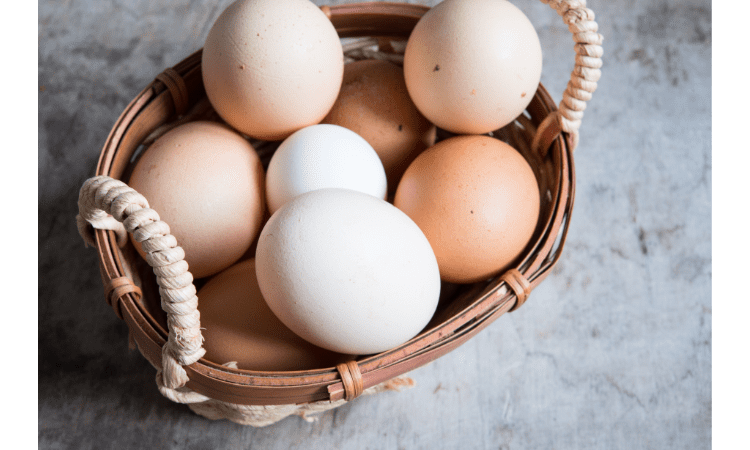
Eggs are a great source of protein, which is essential for maintaining muscle mass and staying full. They also contain selenium, an antioxidant that helps protect the body from oxidative stress and damage. In addition to their protein content, eggs are a good source of choline—an important nutrient involved in brain function and development. Finally, eggs contain lutein and zeaxanthin—two carotenoids that may help prevent macular degeneration in older adults.
Black beans

Black beans are a good source of protein and fiber for your body over 40, which also helps keep you full. They’re also high in iron and magnesium, two minerals that help improve muscle strength and increase energy levels. Black beans contain antioxidants called flavonoids that protect the body from damage to DNA caused by free radicals. Black beans are also a great source of vitamins B (thiamine) and C (ascorbic acid), folate, potassium, phosphorus, and pantothenic acid. These vitamins help your body produce energy from carbohydrates so that you feel energized throughout the day. In addition to being low in saturated fat, black beans have no cholesterol or sodium.
Avocado
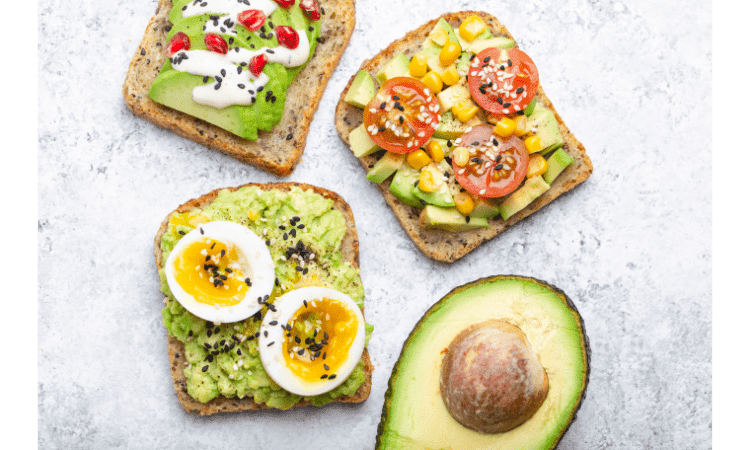
Avocado is a fruit that’s high in monounsaturated fat, which helps to lower cholesterol levels and improve blood sugar control. It also contains several vitamins and minerals, including potassium, vitamin E, and vitamin K. The latter of these three is especially important for bone health as it helps with the absorption of calcium and other nutrients associated with bone health.
In addition to its nutritional value, avocado is also an excellent source of fiber—one serving provides about 12 grams—which can help you feel fuller longer after eating it by slowing down digestion so you’re less likely to overeat later on in the day.
Prunes
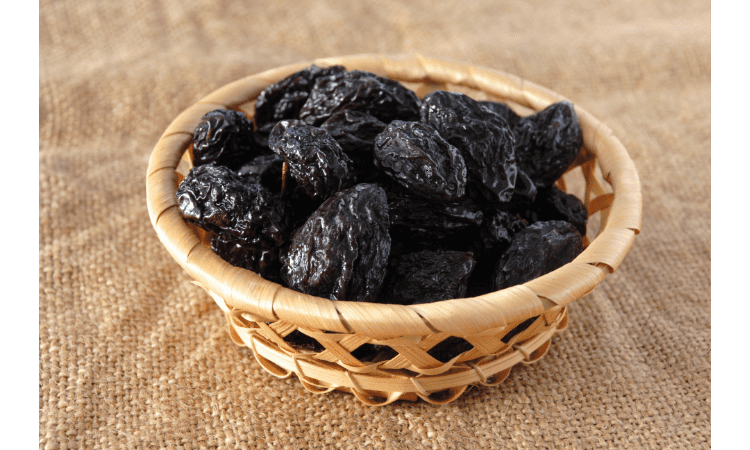
Prunes are one of the best superfoods for your body over 40, especially if you’re looking to reduce inflammation and gain a healthier digestive tract. They are high in fiber, potassium, and antioxidants, which help promote healthy digestion and keep your heart healthy. They also contain vitamins A, C, and K — all nutrients that play an important role in keeping your skin looking good. Prune juice has been shown to improve constipation by helping soften stool or even making it easier for you to go to the bathroom.
Quinoa
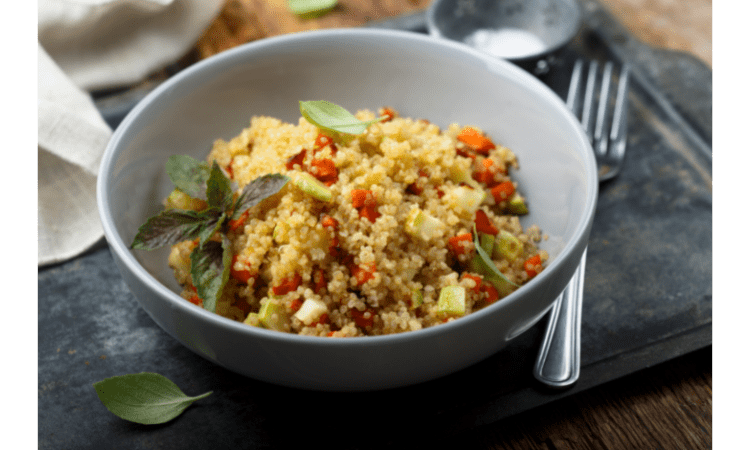
The first thing you should know about quinoa is that it’s a seed, not a grain. And while it’s technically gluten-free, most people with celiac disease will have an adverse reaction to this food if they consume it. Quinoa is also high in protein (one cup of cooked quinoa has 8 grams), iron (5mg per cup), and magnesium (79mg per cup). The reason why we suggest using seeds instead of flakes or flour from this ancient Incan superfood is because they contain more nutrients than those other forms do.
When selecting your quinoa make sure you look for ones with red or black color; these are high in antioxidants which help fight cancer cells and age-related diseases like Alzheimer’s and Parkinson’s disease.
Chia seeds
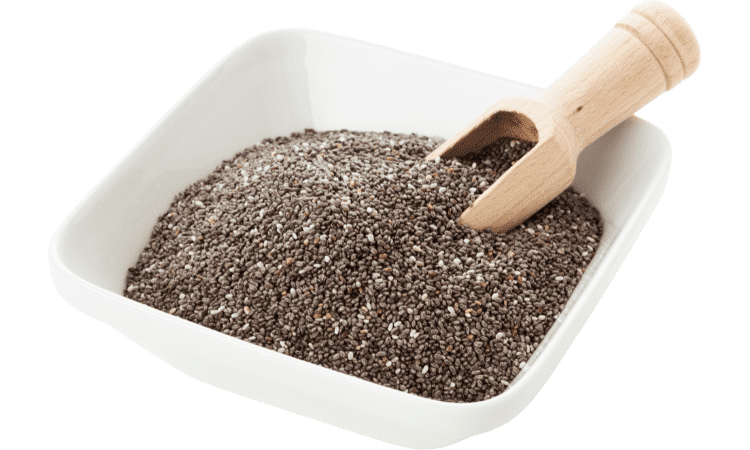
Chia seeds are a great source of protein, fiber, omega-3 fatty acids, and antioxidants. They can help reduce inflammation and improve gut health; these two factors are linked with many chronic illnesses including cancer and heart disease. Chia seeds can also help lower blood pressure and cholesterol levels, maintain healthy blood sugar levels, and may aid in weight management when combined with a reduced calorie diet.
Chia seeds can be added to smoothies or sprinkled on top of salads as well as baked goods such as muffins or granola bars. This superfood is great for vegans because it provides a substantial amount of protein without animal products.
Conclusion
The superfoods that we have discussed in this article are all great choices for your diet to keep you healthier over 40. They provide a wide range of benefits, including helping to improve your overall health, fight disease and keep your body functioning at its best. It’s important to remember that everyone is different and some people might not have an allergy or intolerance to these foods which makes them suitable for everyone.











